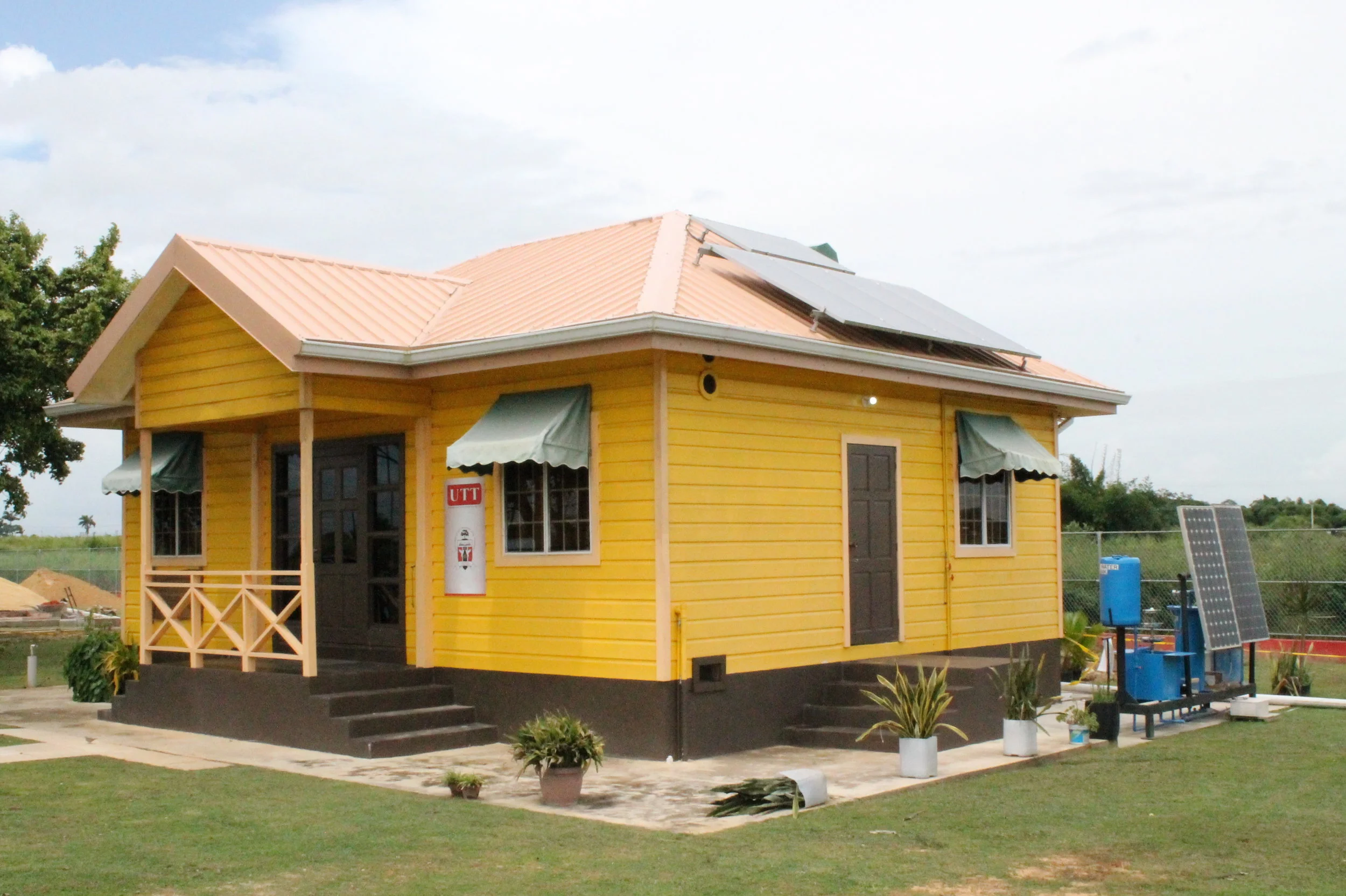The Energy Chamber of Trinidad and Tobago hosts the Annual Trinidad and Tobago Energy Conference. Traditionally, the third day was dedicated to Green Energy, however due to the large interest in renewables and energy efficiency, the board of the Energy Chamber, decided to give the day the prominence it deserved by creating the first “Clean Energy Conference” in Trinidad and Tobago. The Clean Energy Conference is a unique 2 day event which will blend seminars and hands on experiences for participants. This conference concept has never been undertaken in the region before.
This type of event is particularly important to the country as for the first time in Trinidad and Tobago have a renewable energy target and an emissions reduction target. However, these targets are not as simple as the sound given the country’s unique circumstance of having an economy sustained by a hydrocarbon industry. Also the way in which the country generates its electricity is vastly different from any of our Caribbean neighbors. The drivers toward renewables and energy efficiency are therefore and the measurement of success must be different to that of the documented cases in our non-hydrocarbon based economy region.
Trinidad and Tobago is the Caribbean’s leading producer of oil and gas as well as downstream petrochemicals. The sector is one of the largest contributors to carbon emissions and energy usage in the country. It is therefore essential that we as a sector, actively take a leadership role in the promotion of clean energy generation and ensure that we are using energy resources as efficiently as possible to effectively manage our hydrocarbons and to minimize our contribution to climate change.
As a small island developing states, all countries in CARICOM must also be cognizant of the effect that climate change will have on its physical and economic landscapes. Climate change is already leaving its mark and will play a future role in our land use patterns, food security and overall development. As such measures to mitigate against and adapt to climate changed to be a part of our day to day conversation.

